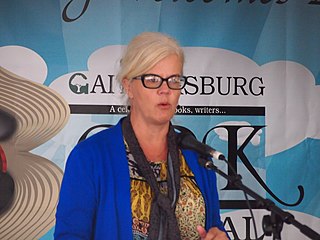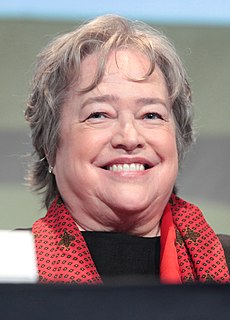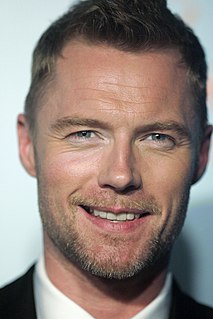A Quote by Alice Walker
June Jordan, who died of cancer in 2002, was a brilliant, fierce, radical, and frequently furious poet. We were friends for thirty years. Not once in that time did she step back from what was transpiring politically and morally in the world. She spoke up, and led her students, whom she adored, to do the same.
Related Quotes
Just like Marilyn Monroe is a lot of girls' idol, that's how I feel about Dorothy Dandridge. And she any Marilyn were very close friends. She went through a lot, and people told her that she couldn't do certain things, but she didn't let that bother her. She said in her mind that she was going to do them and that nothing was impossible, and she did it. It was so sad... She died from drugs, and drinking as well.
I once picked up a woman from a garbage dump and she was burning with fever; she was in her last days and her only lament was: My son did this to me. I begged her: You must forgive your son. In a moment of madness, when he was not himself, he did a thing he regrets. Be a mother to him, forgive him. It took me a long time to make her say: I forgive my son. Just before she died in my arms, she was able to say that with a real forgiveness. She was not concerned that she was dying. The breaking of the heart was that her son did not want her. This is something you and I can understand.
It was not the passion that was new to her, it was the yearning adoration. She knew she had always feared it, for it left her helpless; she feared it still, lest if se adored him too much, then she would lose herself, become effaced, and she did not want to be effaced, a slave, like a savage woman. She must not become a slave. She feared her adoration, yet she would not at once fight against it.
Tessa had begun to tremble. This is what she had always wanted someone to say. What she had always, in the darkest corner of her heart, wanted Will to say. Will, the boy who loved the same books she did, the same poetry she did, who made her laugh even when she was furious. And here he was standing in front of her, telling her he loved the words of her heart, the shape of her soul. Telling her something she had never imagined anyone would ever tell her. Telling her something she would never be told again, not in this way. And not by him. And it did not matter. "It's too late", she said.
They loved, and quarreled, and made up, and loved, and fought, and were true to each other and untrue. She made him the happiest man in the whole world and the most wretched, and after a few years she died, and then, when he was thirty, he died, too. But by that time Catullus had invented the love poem.
That queen, of error, whom we call fancy and opinion, is the more deceitful because she does not always deceive. She would be the infallible rule of truth if she were the infallible rule of falsehood; but being only most frequently in error, she gives no evidence of her real quality, for she marks with the same character both that which is true and that which is false.
When I was growing up my mom was home. She wanted to go to work, but she waited. She was educated as a teacher. The minute my youngest sister went to school full-time, from first grade, mom went back to work. But she balanced her life. She chose teaching, which enabled her to leave at the same time we left, and come home pretty much the same time we came home. She knew how to balance.







































